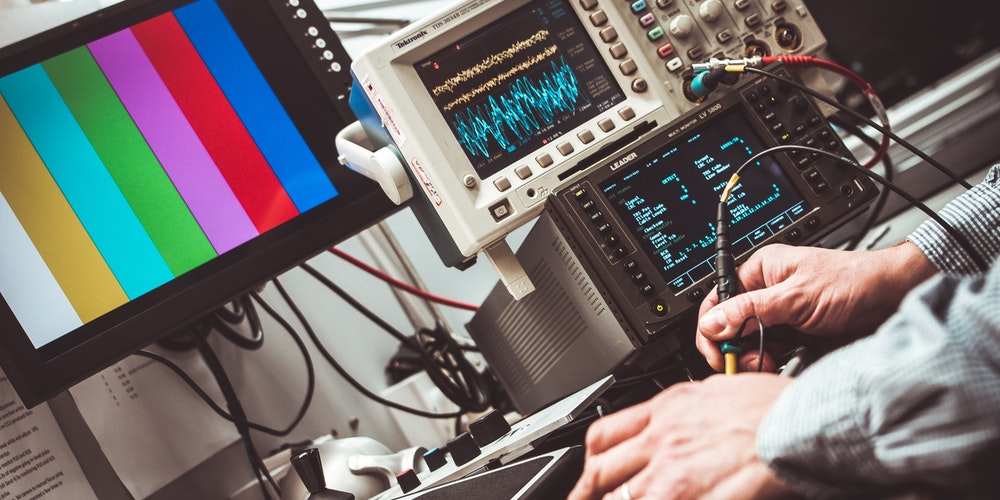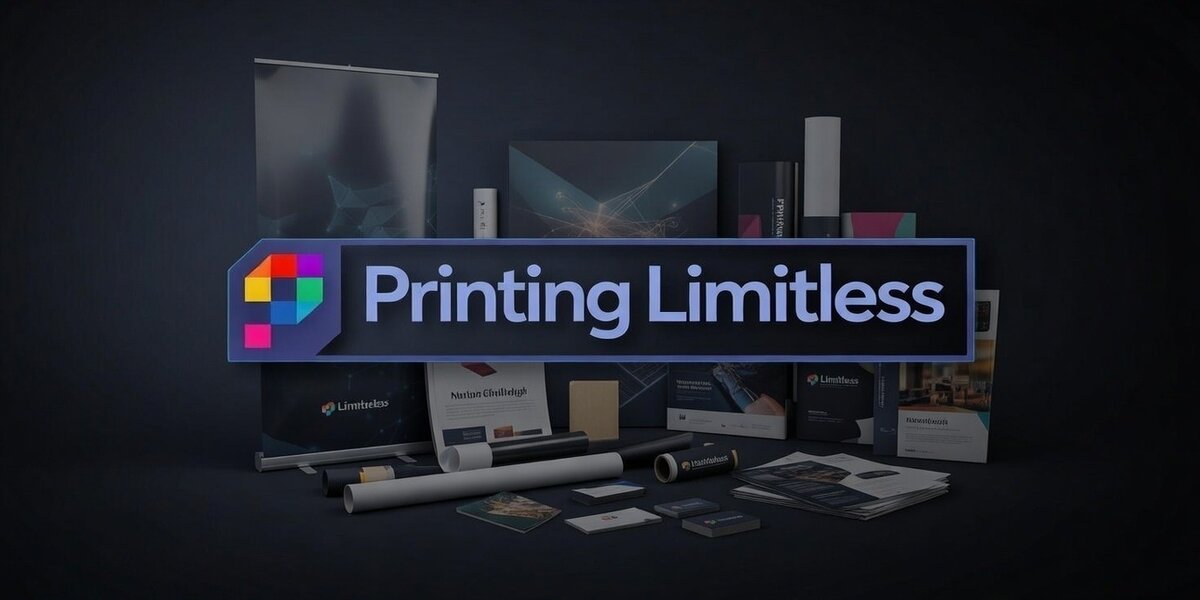6 Industries That Can Make The Most From IoT Development
Internet of Things | 15-04-2022 | Lilly Miller

The Internet of Things (IoT) represents a network of interconnected devices that can connect to the internet and share and receive relevant data across networks. This connectivity can facilitate a wide range of actions both in business and everyday life, from manufacturing robots equipped with sensors to the mobile devices we use every day.
IoT-enabled tools have already become an integral part of many businesses around the world, and will only continue to grow in popularity as industries realize the operational and financial advantages of these solutions. Even though IoT devices are already quite widespread, here are some major industries that can benefit the most from this technological development:
Healthcare
Healthcare was one of the industries that were transformed the most thanks to IoT, enabling the sector to become more oriented towards patients and less dependent on people. For instance, IoT-enabled medical devices allow doctors to monitor patients remotely, thus reducing unnecessary hospital admissions and patients visits, and minimizing costs in the process. Similarly, data collection and automation have allowed healthcare professionals to reduce waste caused by expensive imaging and redundant tests, while enhanced management enabled them to save time by tracking supplies and locating drugs more efficiently. Smartwatches are used for reading electronic medical records and tracking patient visits, smart-glass wearables are utilized for healthcare charting, and certain sensors can help in tracking patients’ location.
Manufacturing
Manufacturing companies can use IoT solutions in a number of ways, from improving the production process to maintaining and monitoring equipment. However, increasing operational efficiency is one of the main benefits, which is often done by enhancing the quality of production, avoiding certain issues that might lead to delays, enhancing the skillfulness of workers, and enabling more effective resource allocation. To reap these advantages, manufacturing businesses can use automation to streamline tedious and repetitive tasks, utilize specific software solutions for tracking the production process and monitoring the efficiency of workers, and even leverage robotics and artificial intelligence on the production line for optimal productivity.
Construction
The construction industry has long been among the slowest sectors to adopt technological advancements, but that is quickly changing as an increasing number of construction firms begin to see the real benefits of IoT solutions. Options such as efficient construction equipment maintenance software have become one of the most popular solutions in the industry. Offering a great data fusion platform and seamless IoT integration, these software solutions exist to improve construction management workflows and digitally enhance day-to-day operations. They can analyze relevant data from various sources and provide customized, role-specific insights in real-time. In turn, this allows construction companies to increase their efficiency, ensure safety on-site, and even improve their environmental impact.
Transportation
IoT-enabled devices are set out to make transportation companies smarter and more successful as well. These solutions can help to ensure lower costs, reduced emissions, enhanced vehicles, improved safety, more organized traffic management, as well as more efficient travel overall. Evidently, technology can influence the daily lives of citizens and consumers in quite a positive way, all while providing businesses with some invaluable benefits in terms of profit and their bottom line. Many transportation companies around the world are already saving quite large sums each year with solutions such as on-road integrated optimization and navigation (ORION) systems, which help them to identify the shortest and most fuel-efficient routes.
Agriculture
Agriculture is another industry that has seen significant advancements due to IoT solutions. Smart farming now enables the automation of irrigation systems and the motoring of fields using special light, humidity, and temperature sensors. Not only do IoT-enabled devices give farmers the opportunity to track field conditions remotely, but they can also aid in more efficient water usage, as well as the optimization of inputs and treatments. Certain IoT agriculture equipment is already in widespread use, allowing farmers to maximize their outputs. Sensors built into machines can help to measure the moisture of soil and assist in field irrigation planning, while planting and harvesting technology can guide equipment during necessary operations.
Retail
Smarter stores can give retailers the opportunity to run their businesses more efficiently and increase their revenues simply by enhancing the customer experience through digital connectivity and data collection. A great example of this is autonomous mobile robots, designed to streamline warehouse operations by minimizing labor costs and increasing the speed and accuracy of order implementation without disrupting any other warehouse operations. Many companies specializing in global shipping are already utilizing these solutions. Another interesting option might also be cloud-based intelligence platforms that deliver system integration and connect to IoT sensors in an effort to reduce operational costs and even improve environmental friendliness.
Evidently, the Internet of Things has transformed nearly every major industry around the globe. These solutions are no longer optional commodities, but rather a necessity that allows companies to enhance their system and machine quality, optimize their operations, become more responsive, and find more innovative methods of operating.


.jpg)

.jpg)
.jpg)
.jpg)
.jpg)
.jpg)

